Trauma

Learn

Making Sense of Traumatic Events
If you have experienced a traumatic event, you’re not alone. Unfortunately, trauma is prevalent in our society. An estimated 1 in 5 adults have experienced physical or sexual abuse during childhood.

Common Emotional Reactions to Trauma
It’s common to experience a range of different emotions following a trauma event.

Avoiding Trauma Triggers
Avoiding things that relate to or remind you of a traumatic event is a common way of managing the impact of trauma.

Changes in How You Perceive Yourself, Others and the World
The way that you see yourself, other people and the world can change after a trauma.

Substance Use following Trauma
Some people increase their use of alcohol or substances following a trauma. This is often an attempt to block out painful memories, thoughts or feelings related to the trauma.

Coping with Changes
We all experience changes in our lives. Learn about how change can affect our wellbeing.

Re-experiencing Trauma
Unwanted thoughts, nightmares and vivid images that intrude into your mind uninvited are all common responses to trauma.

Feeling ‘On Edge’
Feeling on edge or on high alert is also a common response to trauma. This can include feeling jumpy, jittery, shaky, easily startled, or having trouble concentrating or sleeping
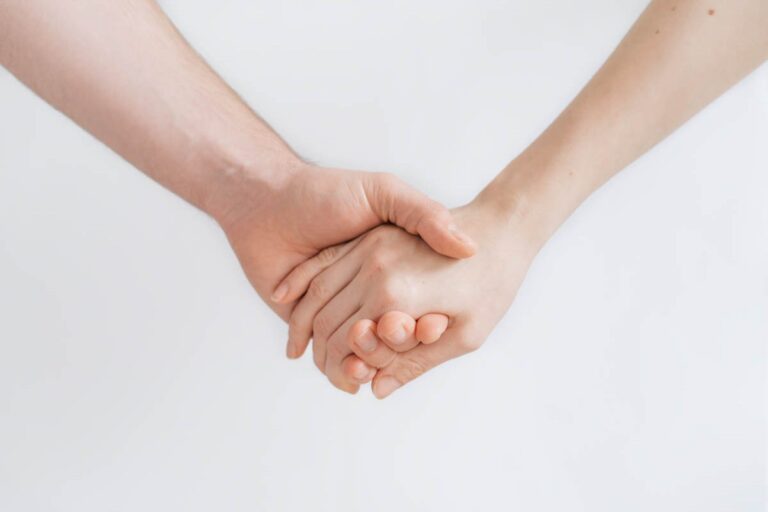
Helping a Loved One Make Sense of Trauma
When a loved one goes through a traumatic event, it can be hard to know what you can do or how you can help. It’s important to know that everyone responds and makes sense of trauma differently, and can have different needs.
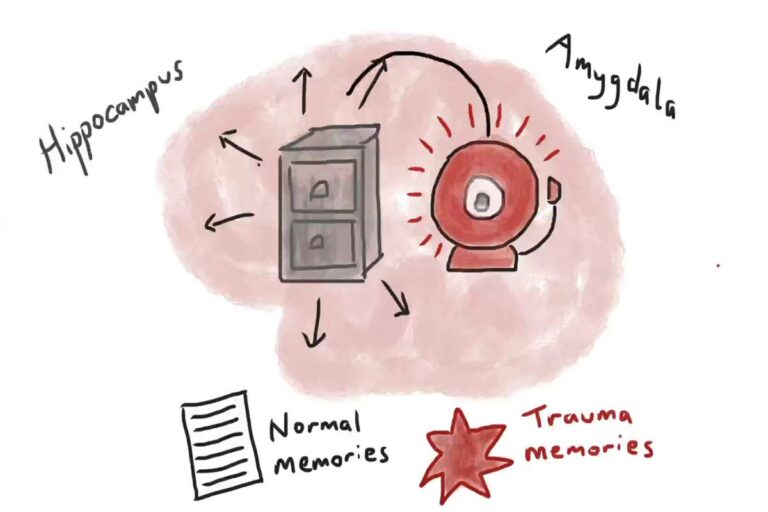
VIDEO: How Does Trauma Affect the Brain?
Following a traumatic event, your brain can stay in survival mode and the alarm can keep on ringing. This can make it difficult to use the thinking part of your brain to make sense of trauma.

Trauma: When to Seek Professional Support
Recovering from the impact of trauma takes time. Everybody heals at their own pace and in their own way. But if months have passed since the events and your trauma reaction is getting in the way of your everyday life, you may need to get professional help.
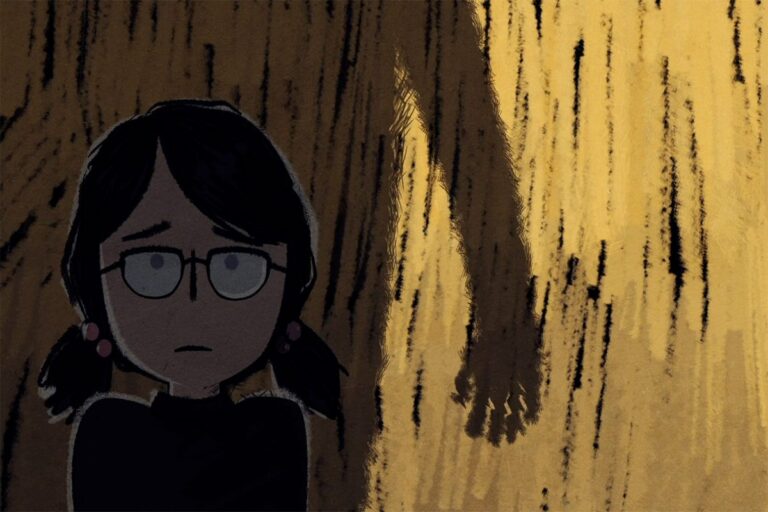
VIDEO: Considering the Impact of Trauma
This video was designed to be relevant to the Scottish workforce in understanding how trauma affects people and how we can all work together to make a positive difference to people affected by trauma and adversity.
Self-Assess
Have you experienced a traumatic event?
Traumatic events are common and can happen at any time, in both childhood and adulthood. The way you experience a traumatic event will be unique to you and will vary from the experiences of other people.
Examples of traumatic events include:
- Serious accidents
- Assaults
- Rape
- Childhood abuse (sexual, physical, emotional or neglect)
- Domestic abuse
- War (as a solider or civilian)
- Disasters
- Terrorist attacks
How are you coping?
It’s normal to be distressed by traumatic events, and to need time and support to adjust to what you’ve experienced. If you’ve been through something traumatic, you’ll probably have strong memories about it. It’s important to note, however, that having memories about distressing experiences doesn’t mean that you have Post Traumatic Stress Disorder (PTSD) or Complex PTSD.
Everyone responds differently to trauma. Some of the more common experiences are described below:
How your body might feel
- Tired or exhausted
- Restless
- Lacking energy
- Difficulty concentrating
- Racing heart
- Sweating
- Jumpy
Thoughts you might have
- “The world is an unsafe place”
- “The world is unpredictable”
- “Other people can’t be trusted”
- “I can’t trust my own judgement”
- “I’m stuck.”
- “It’s all my fault”
- “I’m a different person since the trauma”
Feelings you might have
- Fear
- Shame
- Humiliation
- Rejection
- Abandonment
- Unsafe
- Unsupported
- Trapped
- Powerless
Things you might do
- Avoid people, places or situations that remind you of the trauma
- Engage in fight, flight or freeze reactions when faced with a trigger
- Re-play the trauma in your mind
- Dream about the trauma
If these experiences look very familiar to you, you can find out more about trauma in the ‘Learn’ section above.
Manage
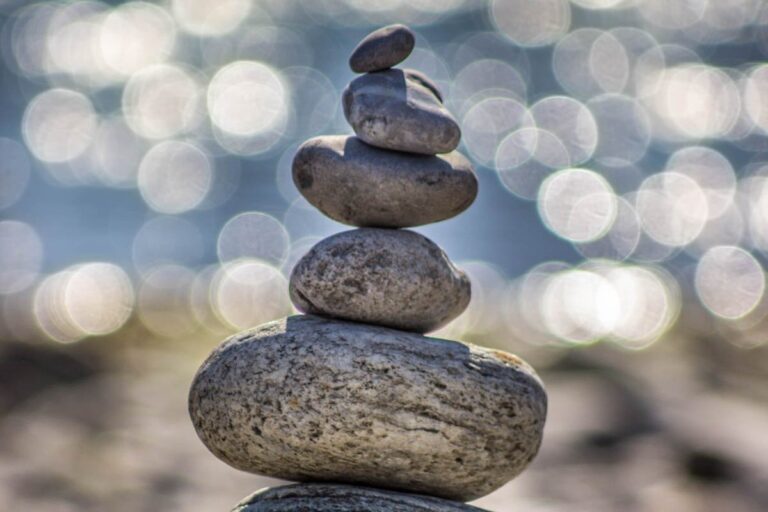
An NHS Self-Help Guide to Understanding Trauma
Here’s a self-help guide prepared by NHS Inform. It aims to help you understand the experience of trauma, make sense of it, manage reactions to traumatic experiences and decide if you need further help.
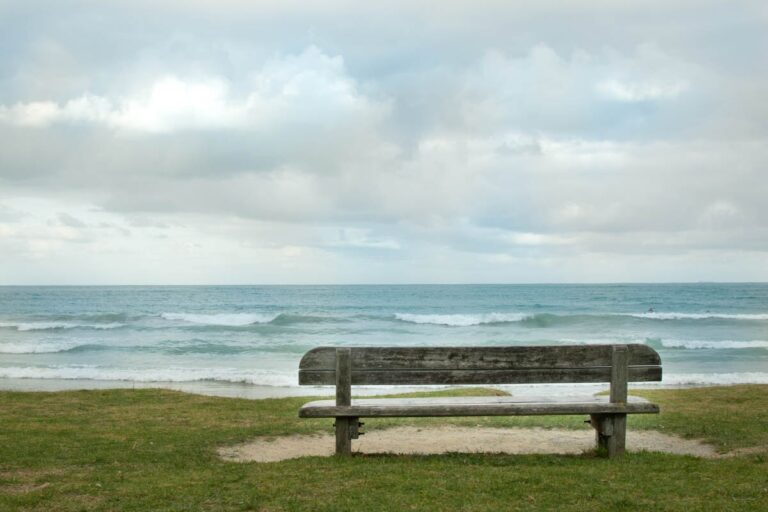
Podcasts about Trauma
Podcasts that focus on trauma experiences.
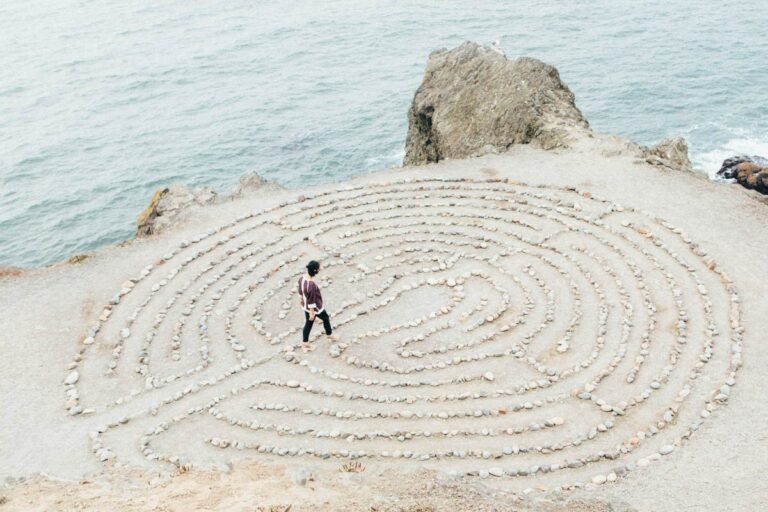
Tips to Help You Heal and Make Sense of Trauma Experiences
It’s normal to be distressed following a traumatic event and to need time to make sense of what’s happened. As you process the event, trauma reactions will gradually fade, but even when you’re feeling a bit better, you may sometimes be troubled by painful memories or emotions. These can be especially difficult coming up to an anniversary or when something reminds you of the trauma.

Tips on Managing Change in Our Lives
We all have to cope and manage with change in our lives for lots of reasons. Here are some tips and thoughts on navigating through a period of change.

Activities You Can Try at Home
Increasing your activity levels can help improve your mood.

Relaxation
If you feel tense a lot of the time, you can try learning some relaxation skills, as these should be helpful.
Support
With support from the people in your life and maybe with a little help from other sources, such as the resources on this website, you’ll most likely find ways to cope with your traumatic experiences.
However, making sense of trauma takes time - usually much longer than you expect and certainly longer than many of the people around you expect. If you’re worried about the way that you’re coping, or if you have concerns about your mental health more generally and think you may need further support, please get in touch with your GP in the first instance.
Here are some other sources of support you might want to consider:
The Lothian Health and Social Care Partnership websites are a good place to look for locally available support:
- The ‘iThrive’ website focuses on support available Edinburgh-wide
- ‘Midspace’ is Midlothian’s online source of mental health and wellbeing information
- ‘Eastspace’ is East Lothian’s online source of mental health and wellbeing information
- ‘Westspace’ is West Lothian’s online source of mental health and wellbeing information.
The following National organisations focus specifically on trauma and may also be helpful:
Childhood sexual abuse
- The In Care Survivors Service Scotland – 0800 121 6027
Trauma specialist counselling and advocacy support service for adults who suffered childhood abuse in care. www.incaresurvivors.org.uk - National Association of People Abused in Childhood (NAPAC) – 0808 801 0331 www.napac.org.uk
- Rape Crisis Scotland Helpline – 08088 01 03 02 Open every day from 6pm until midnight for anyone affected by sexual violence, no matter when or how it happened. Offers free and confidential support and information by phone or email. www.rapecrisisscotland.org.uk
- Trauma Counselling Line Scotland – 0808 802 0406m Confidential telephone counselling service for survivors of childhood abuse. www.health-in-mind.org.uk/services/trauma_counselling_line_scotland/d15/
- Trauma support (Edinburgh) Pathway (Health in Mind) – 0131 225 8508 Practical and emotional support for women and men who are survivors of childhood sexual abuse. Provides support to develop coping strategies, build self-confidence and reduce stress and anxiety. www.health-in-mind.org.uk/services/trauma_support_edinburgh/d159/
Domestic abuse
- Domestic Abuse Helpline – Free 24 hours helpline: 0800 027 1234
- Edinburgh Women’s Aid – 0131 315 8110 (Mon-Wed & Fri. 10am – 3pm, Thurs 10am-7pm, Sat 10am-1pm) Offers confidential support, a drop-in service and information to women who have experienced abuse by their partner or ex-partner. Can provide refuge accommodation for women and any accompanying children. Telephone and one-to-one crisis counselling. info@edinwomensaid.co.uk
- Respect Helpline – 0808 802 4040 Helpline offering information and advice to women and men who are abusive towards their partners and want help to stop. www.respectphoneline.org.uk // info@respectphoneline.org.uk
- Shakti Women’s Aid – 0131 475 2399 Shakti Women’s Aid helps BME women, children, and young people experiencing, or who have experienced, domestic abuse from a partner, ex-partner, and/ or other members of the household. www.shaktiedinburgh.co.uk – info@shakti.edinburgh.co.uk
- Women’s Aid – East & Midlothian Support line: 0131 561 5800 (Mon-Fri 9am-2pm) www.womensaideml.org , info@womensaideml.org
- Abused Men in Scotland (AMIS) – 0808 800 0024 Works with any man over 16 concerned about domestic abuse, regardless of sexuality, age, disability or ethnic origin. info@abusedmeninscotland.org www.abusedmeninscotland.org
- CALM (Campaign Against Living Miserably) www.thecalmzone.net
- FearFree – 0131 624 7270 Support for people experiencing domestic abuse in Scotland who identify as a man or from the LGBT+ community. FearFreeInfo@sacro.org.uk / https://fearfree.scot
- Men’s Advice Line – 0808 801 032 (Mon & Wed 9am – 8pm, Tues, Thurs & Fri 9am – 5pm) Advice and support for men experiencing domestic violence and abuse. www.mensadviceline.org.uk / info@mensadviceline.org.uk
- M Power – 0808 808 4321 National helpline for men who have who have been raped, assaulted or abused in childhood or adult life, and partners (male and female) and family members of abused men. Telephone line is staffed by both men and women. www.male-rape.org.uk
- Rape Crisis Scotland Helpline – 08088 01 03 02 Open every day from 6pm until midnight for anyone affected by sexual violence, no matter when or how it happened. Offers free and confidential initial and crisis support and information by phone or email. Supports women, men, all members of the trans community and non-binary people, as well as their family, friends and workers. www.rapecrisisscotland.org.uk
- Survivors UK – Online helpline: Mon-Sun 12-8pm National helpline for men who have experienced child sexual abuse, sexual assault or rape. Also supports family, friends and partners. www.survivorsuk.org / help@survivorsuk.org
- Trauma Support (Edinburgh) – Pathway men – 0131 225 8508 Practical and emotional support for men who are survivors of childhood sexual abuse or men who have experienced rape/sexual abuse or domestic violence as adults. Provides support to develop coping strategies, build self-confidence and reduce stress and anxiety. www.health-in-mind.org.uk/services/trauma_support_edinburgh/d159/
- Criminal Injuries Compensation Board – 0141 331 2726 You may be able to help in getting financial compensation if you are the victim of crime or violence. Application forms available from the CICA website. www.cica.gov.uk
- Crown Office and Procurator Fiscal Service – 0300 020 3000 PFOEdinburgh@copfs.gov.uk / www.copfs.gov.uk
- Police Scotland Non-Emergency / To report a crime: 101 / Emergency: 999
- Scottish Women’s Rights Centre Helpline – 08088 010 789 Free legal information www.scottishwomensrightscentre.org.uk
- Victim Information and Advice (VIA) – 0300 020 3000 Provides information to victims who are going through the Court process. Offers case-specific information about the criminal justice system works and advice. www.copfs.gov.uk/involved-in-a-case/victims – EnquiryPoint@copfs.gov.uk
- Victim Support Scotland – 0800 160 1985 www.victimsupportsco.co.uk
- Witness Service – 0131 220 1550 Service based in the Court and run by Victim Support for witnesses and victims attending Court. Provides practical and emotional support, before, during or after a court appearance. Will also provide support to victims and witnesses not attending Court, as well as family and friends. Anyone can self–refer and the crime does not need to have been reported to the police. witnessservice.edinburgh-sc@victimsupportsco.org.uk













